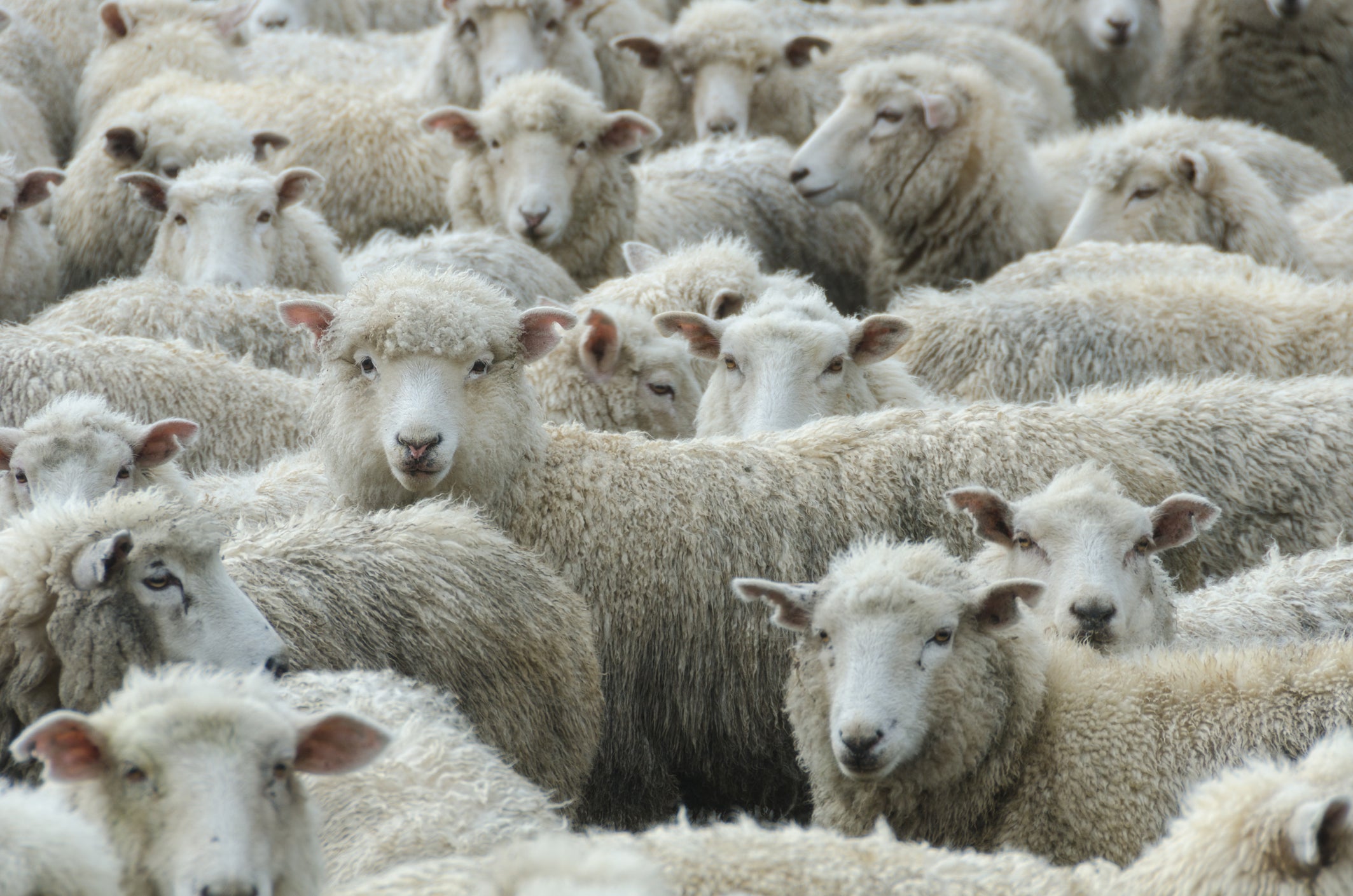UK signs Brexit trade deal with New Zealand promising 0.02% GDP boost by 2035
Government modelling suggests deal could damage some UK industries like farming and food processing

Britain has signed a trade deal with New Zealand, removing trade barriers between the two countries.
The deal is the latest agreement signed by the UK since Brexit and will end tariffs on goods between the countries.
But the government's own estimates for the deal suggest it will have a negligible impact of 0.02 per cent to 0.03 per cent of GDP by 2033.
This equates to around £12 per person over the coming decades, of £800 million in total.
And earlier government estimates put out at the start of negotiations suggested it could even end up damaging the UK economy because of its negative impact on farmers.
The UK already enjoyed relatively low tariffs on exports to New Zealand and those that will now be scrapped include 10 per cent charges on clothing and footwear, 5 per cent on buses and up to 5 per cent on ships, bulldozers and excavators.
The deal's official strategic outline published by the Department for International Trade in June 2020 said the effect on GDP (gross domestic product) from the deal will be "close to zero".
But under one modelled scenario government modellers said it would be possible the UK economy could contract by -0.01 per cent because of its effects and the damage competition could do to domestic UK industries like farming.
New modelling released on Monday says that officials now expect the deal to have a positive effect of 0.02 per cent to 0.03 per cent, though they say “estimates are based on certain assumptions about the global economy and the UK-New Zealand trade relationship, and are subject to various forms of uncertainty”.
The new modelling still suggests that farmers and the food processing industry will actually lose out, but says this will be balanced out elsewhere in the economy.
Farmers have previously warned of “huge downsides” to the deal, with the NFU saying it “could damage the viability of many British farms in the years ahead”.
The government pushed ahead with the deal despite these predictions. Ministers are keen to sign trade agreements with other countries so they can present them as a benefit of Brexit.
An analysis by top trade academics published by The Independent in November found that the losses to trade from leaving the EU are around 178 times larger than expected gains from Brexit trade deals.
The agreement will also make it easier for UK professionals like lawyers and auditors to work abroad and to bring their families with them.
The agreement is the same as the one provisionally announced in October.
Ahead of the signing of the agreement on Monday International Trade Secretary Anne-Marie Trevelyan said: “This deal will slash red tape, remove all tariffs and make it easier for our services companies to set up and prosper in New Zealand.
“Our trade with New Zealand will soar, benefiting businesses and consumers throughout the UK and helping level up the whole country.
“Like all our new trade deals, it is part of a plan to build a network of trade alliances with the most dynamic parts of the world economy, so we set the UK on a path to future prosperity.”
The government's strategic outline said: "A trade agreement with New Zealand could have limited effects on UK GDP in the long run, with the estimated impact on GDP being close to zero under both scenarios compared to the UK not having a trade deal with New Zealand (between 0.00 per cent and 0.01 per cent in scenario 1 and -0.01 per cent and 0.00 per cent in scenario 2)."
This article has been updated to include the government’s updated impact assessments
Join our commenting forum
Join thought-provoking conversations, follow other Independent readers and see their replies
Comments
Bookmark popover
Removed from bookmarks